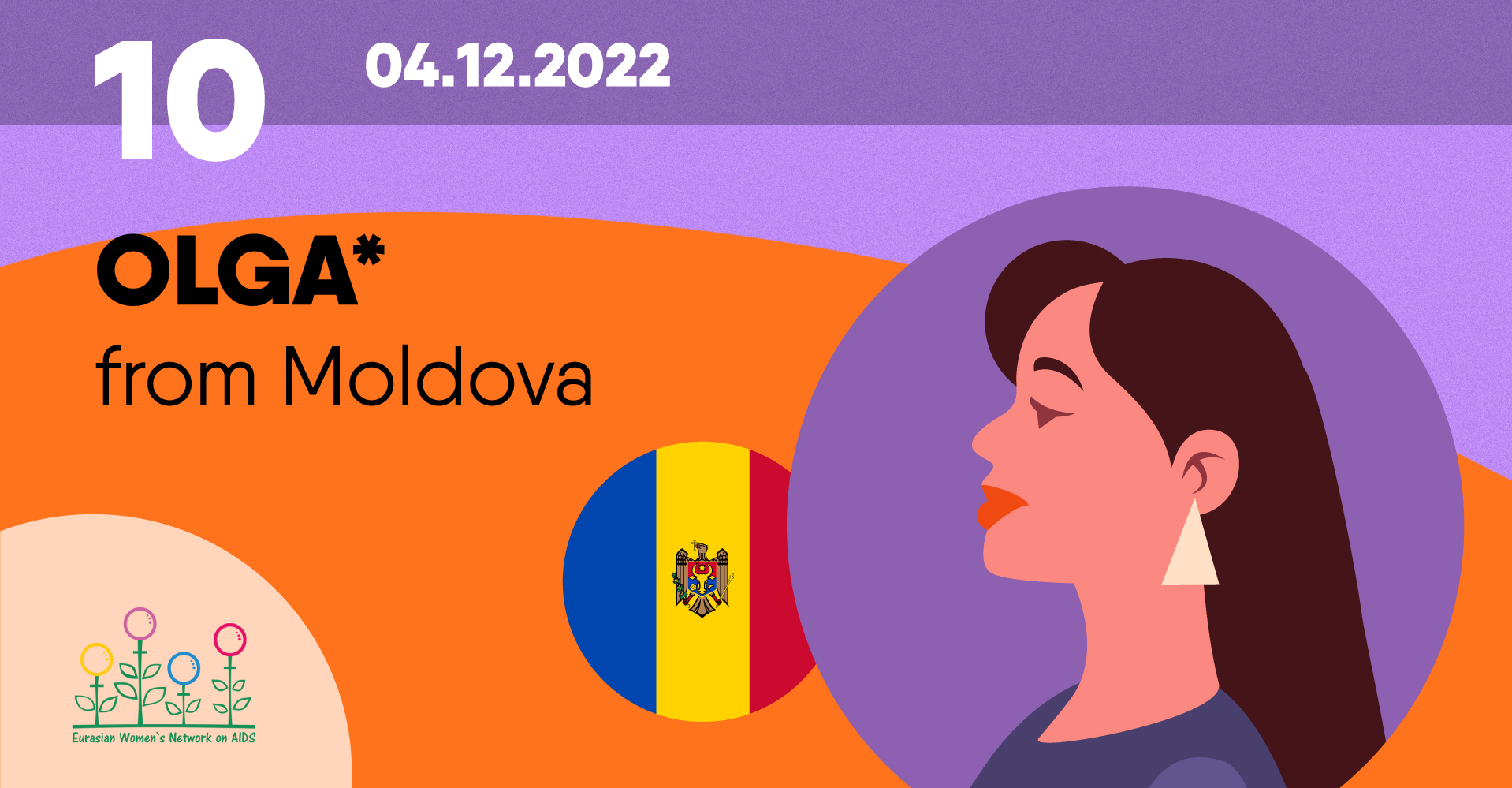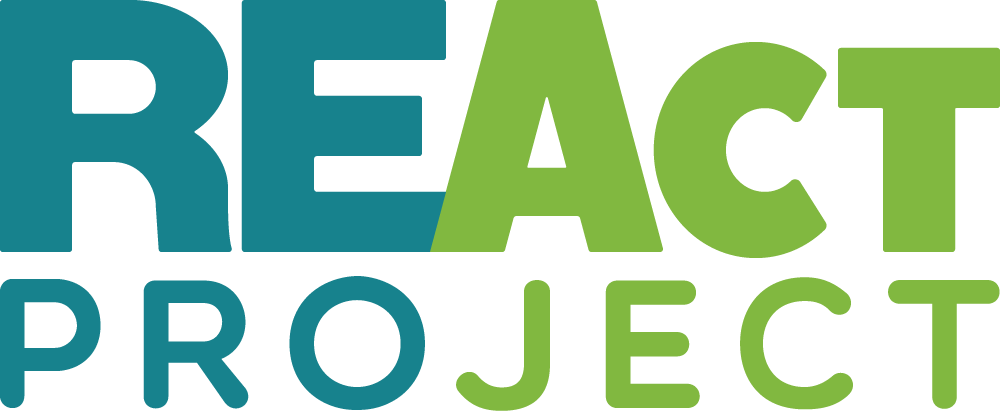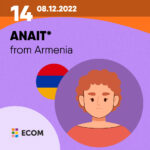
In October of this year, the deputies of the Parliament of Moldova supported in the first reading a project to strengthen the rights of victims of sexual crimes and domestic violence. Under this Ministry of Justice initiative, victims should be guaranteed the right to privacy, a fair trial, and the best possible recovery through forensic services, post-traumatic psychological care, and counseling for physical and psychosocial rehabilitation. According to the authors, this is possible by changing the country’s legal framework following the example of international standards and practices. The document also takes into account additions to the Criminal Code – responsibility cannot be canceled in the event of reconciliation between the victim and the offender, and the authorities must investigate the case in detail, even if the application has been withdrawn.
The importance of supporting this initiative is obvious – the reports of the Ombudsman of Moldova show that 63% of women have experienced psychological, physical or sexual violence at least once in their lives. And only 8.4% of them turned to law enforcement agencies. Moreover, the number of cases of domestic violence has been growing over the past 5 years – in 2020 alone, 12,970 of them were recorded.
Appeals to the REActors in Moldova (there are currently 31 of them in the country) also signal the critically important and timely strengthening of the role of women and their rights in society. According to Tatyana Fomina, REAct Coordinator in Moldova, the problem is that women themselves do not always realize that they are in a situation of violence and seek help only in emergency cases, most often in case of obvious physical damage (beatings, rape, etc.). Moreover, even under the condition of these unacceptable actions, they are not always ready to go further (filing a complaint against their offenders, defending their rights, publicity), as they are afraid to seek help. “There may be several reasons for this,” Tatyana says. “This is the imperfection of the law (the offender can spend some time in the police station, and then he is released again, and he returns to the family), the fear of condemnation of acquaintances, relatives, economic dependence, low awareness in the field of rights – a woman does not know what can go and write a statement, she has a distrust of law enforcement agencies. For example, in small settlements there is such a thing as nepotism, when a representative of the authorities may be a close (or not so) relative of the offender and the woman believes in advance that her situation is lost. Separately, I want to highlight the internal attitudes of “I’m the one to blame.” And this trend has been going on for a long time.”
Unfortunately, even though REAct clients in Moldova can get timely, free help from a lawyer, psychologist, peer consultant in an NGO, they refuse this opportunity due to deep self-stigmatization. For them, even the recognition of the very fact of domestic violence, not only in front of other people, but in front of themselves, is a difficult test. Tatyana shares the case of Olga, a former convict and a member of the community of people who use drugs. During the screening for human rights, the woman could not cope with her emotions and began to tell how she was beaten and raped by a group of people in the apartment where she lives. The woman asked for help – to find her a home to escape from that hell (after leaving the penitentiary, she had nowhere to go at all, and she wanted to start life from scratch). REActor helped Olga with resocialization after her release from prison, rented an apartment, redirected her to an employment agency and organized visits to a psychologist. They are in constant contact with the client.
 “Our common task is to work to ensure that women adequately assess the situation in which they are, know where they can turn for help, are not afraid to punish the culprit and go to the end in defending their rights.” – Tatyana comments. “Awareness of rights, programs for women that will help in self-realization (increasing self-esteem, career guidance, economic protection) will help to believe in one’s strength. But not only activists and human rights activists should participate in this process, but also the state – the country needs a program for the prevention of violence, which will include psycho-corrective measures, the development of emotional intelligence and communication skills. And the sooner such initiatives are implemented at all levels of society, the sooner we will stop talking about gender-based violence.”
“Our common task is to work to ensure that women adequately assess the situation in which they are, know where they can turn for help, are not afraid to punish the culprit and go to the end in defending their rights.” – Tatyana comments. “Awareness of rights, programs for women that will help in self-realization (increasing self-esteem, career guidance, economic protection) will help to believe in one’s strength. But not only activists and human rights activists should participate in this process, but also the state – the country needs a program for the prevention of violence, which will include psycho-corrective measures, the development of emotional intelligence and communication skills. And the sooner such initiatives are implemented at all levels of society, the sooner we will stop talking about gender-based violence.”



